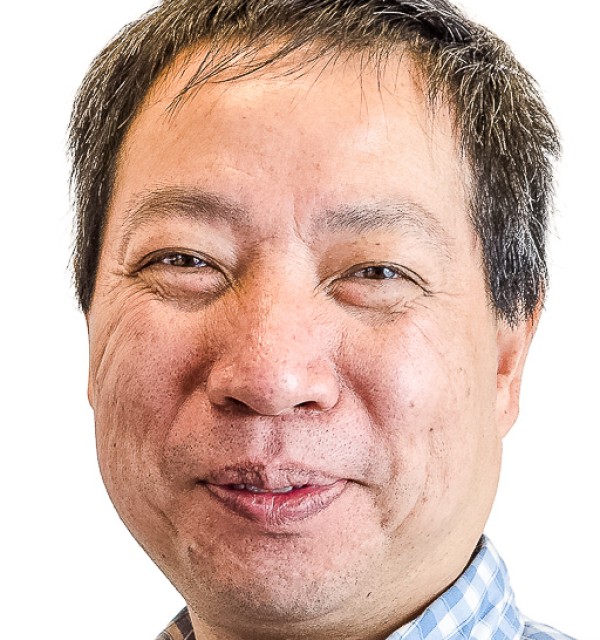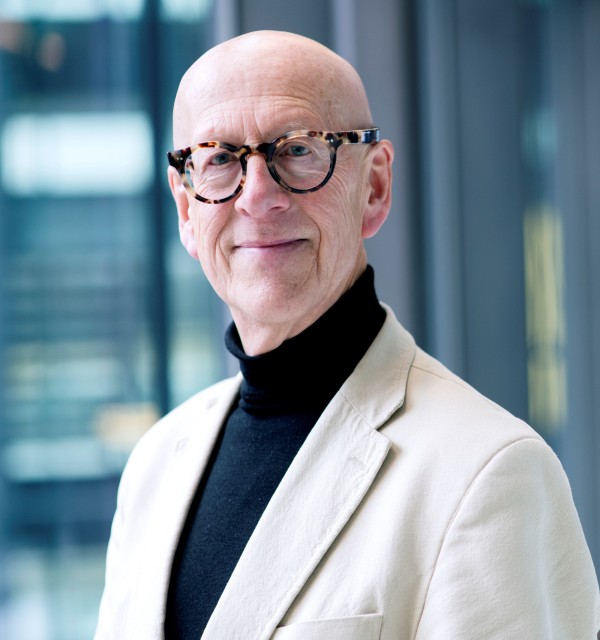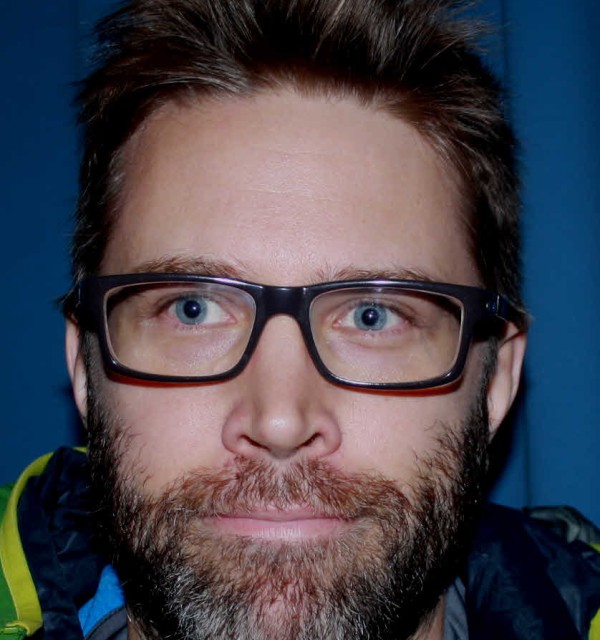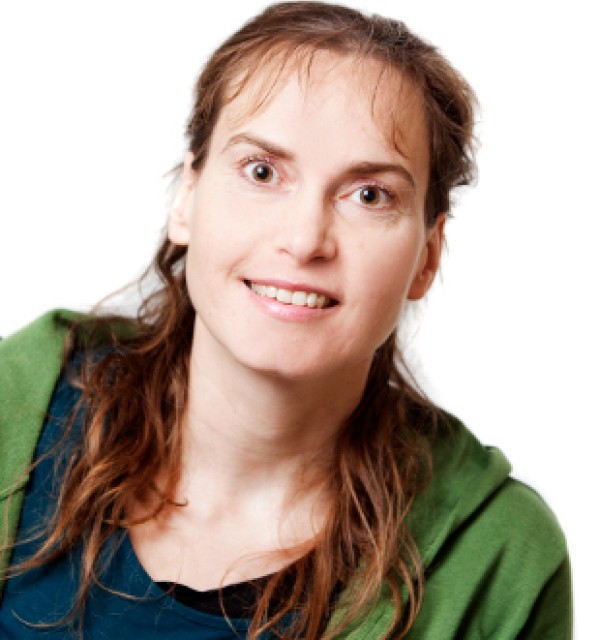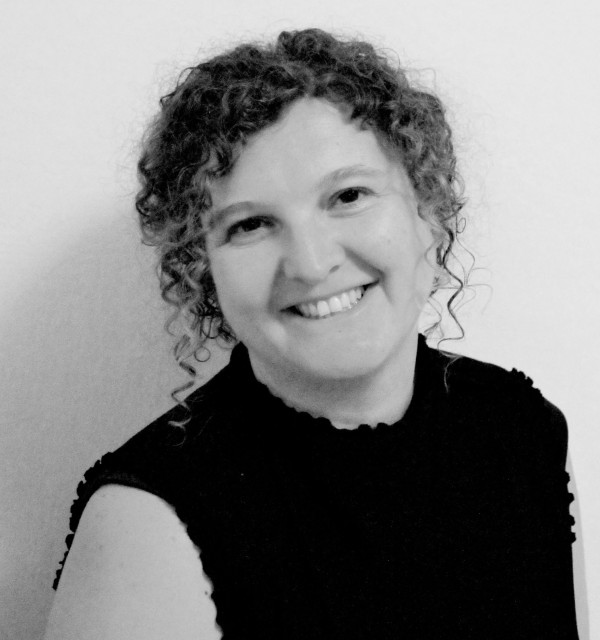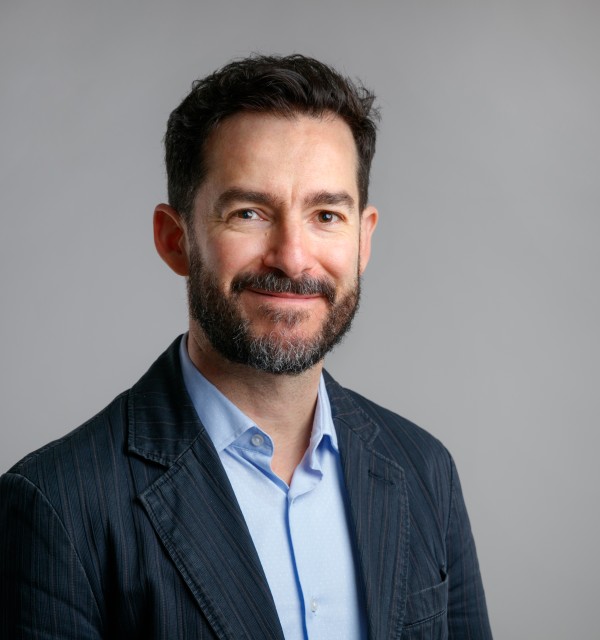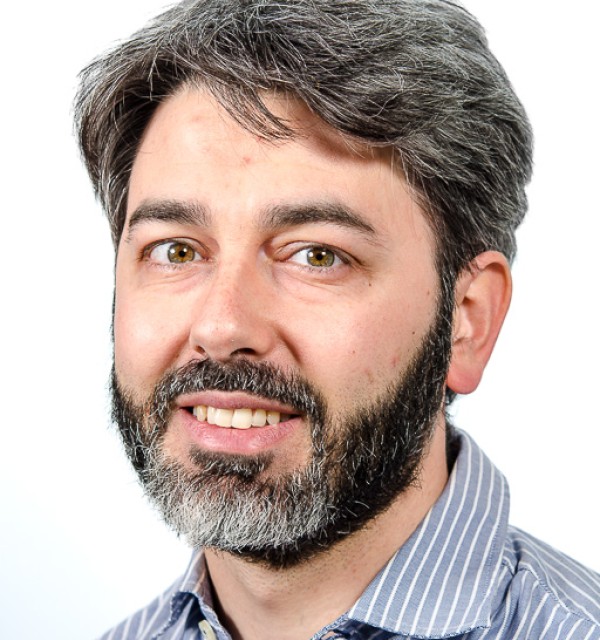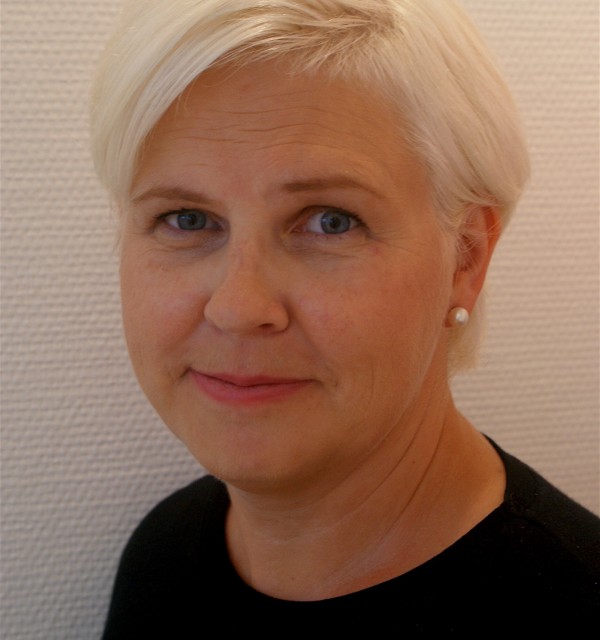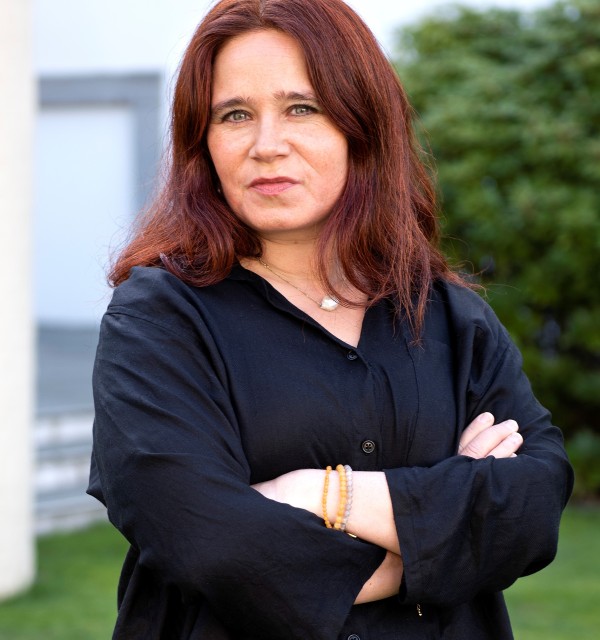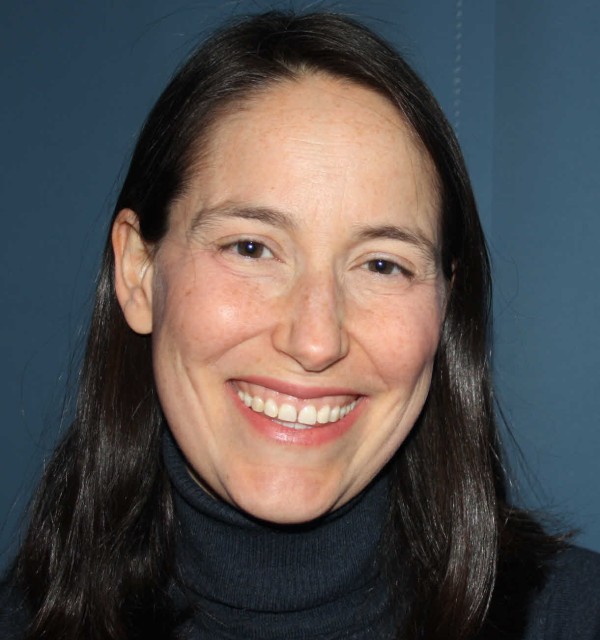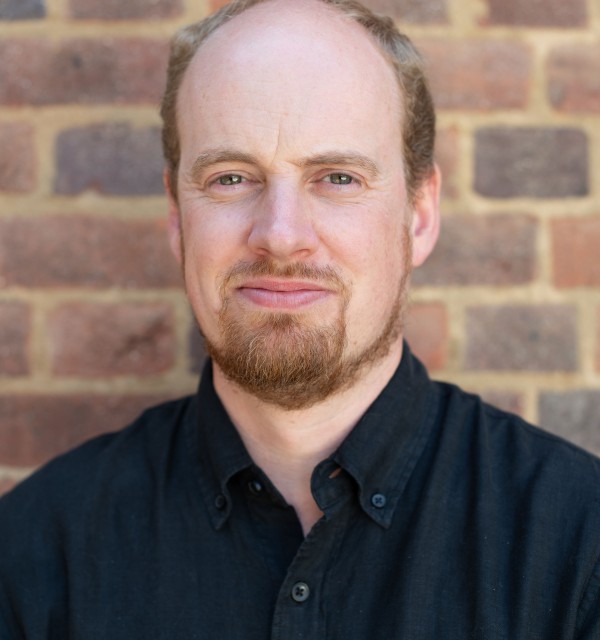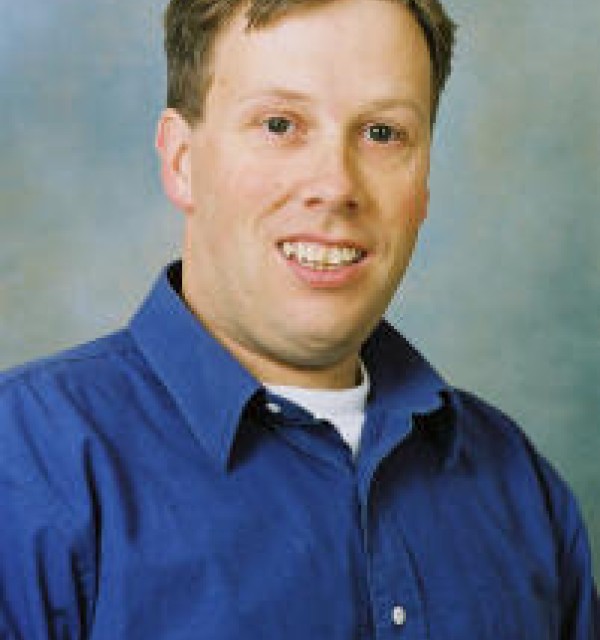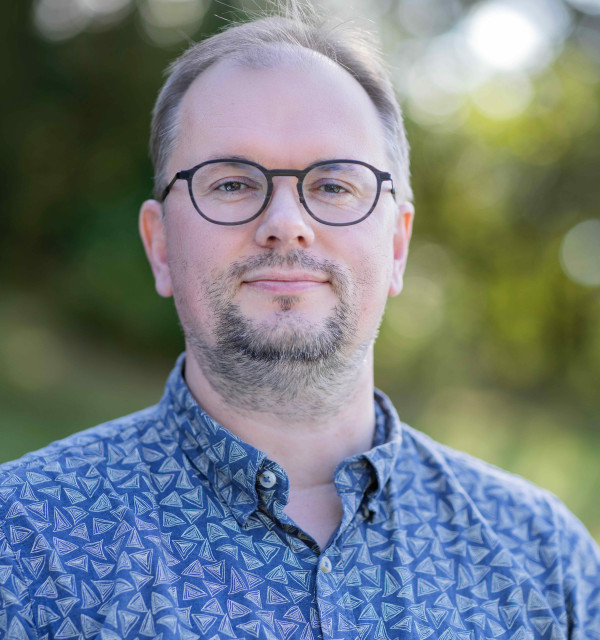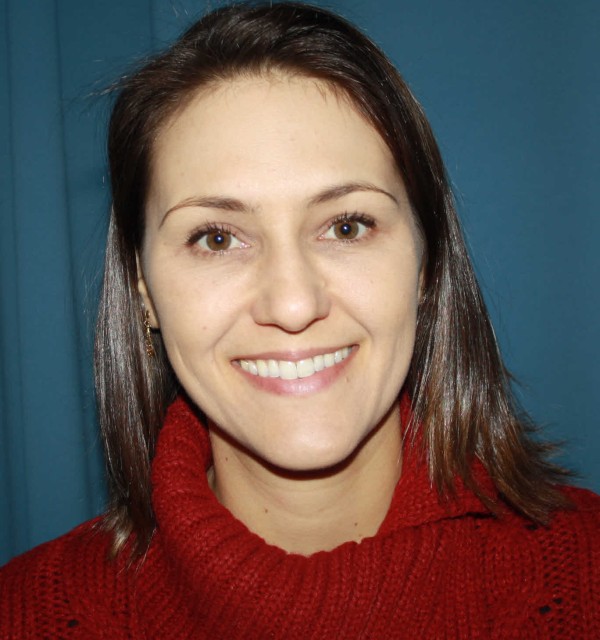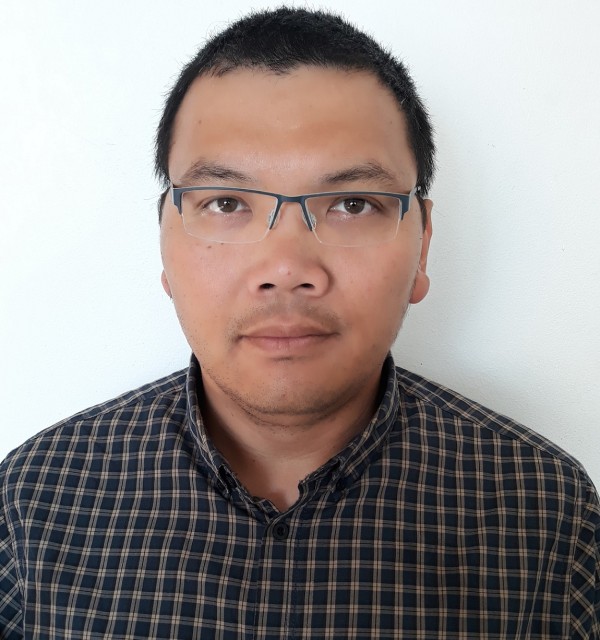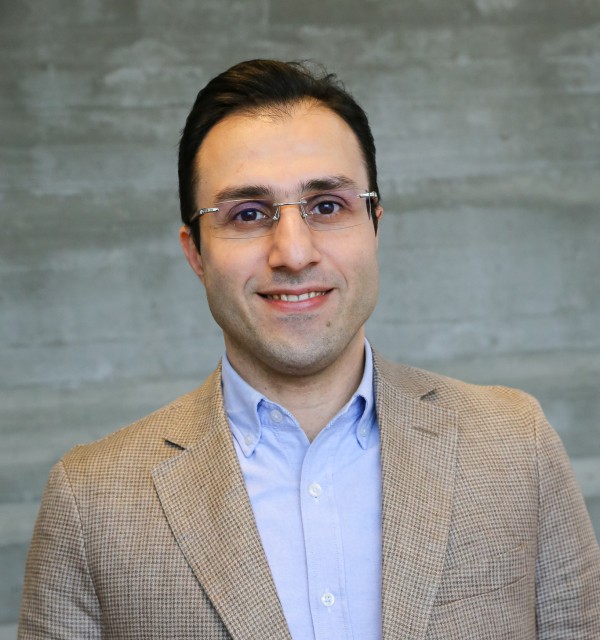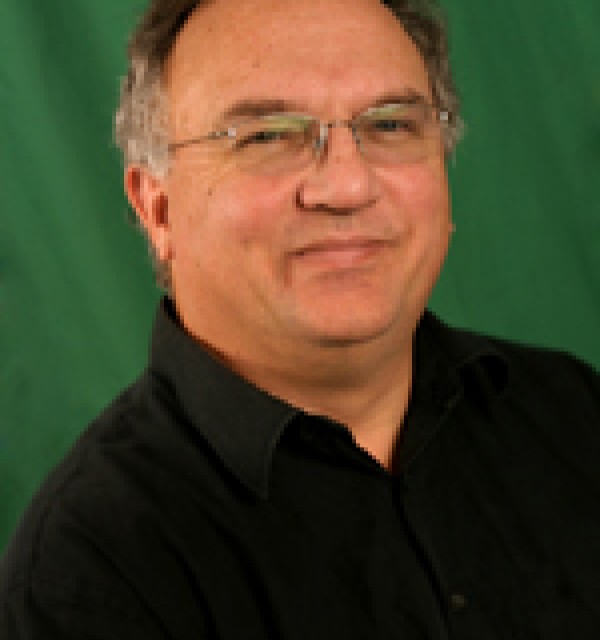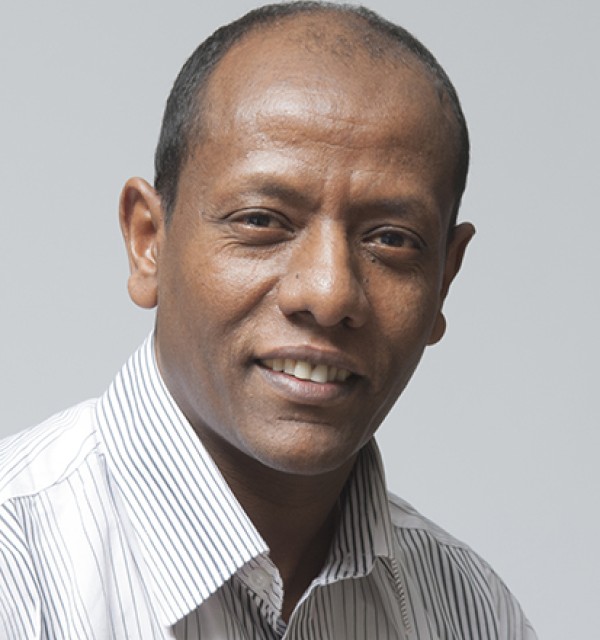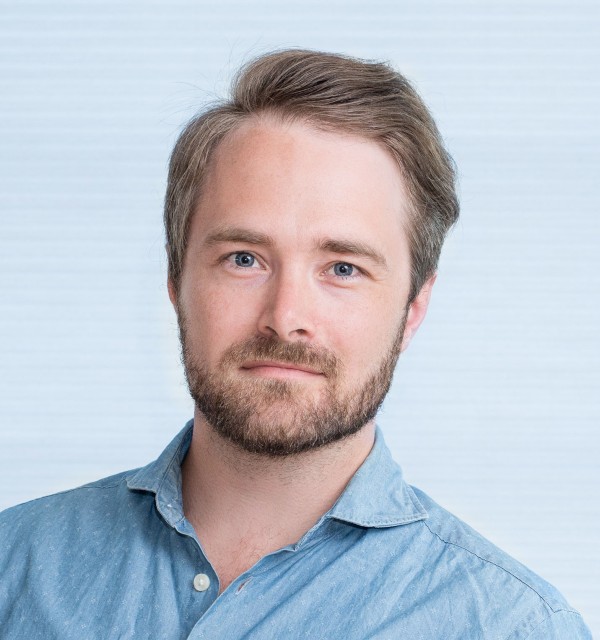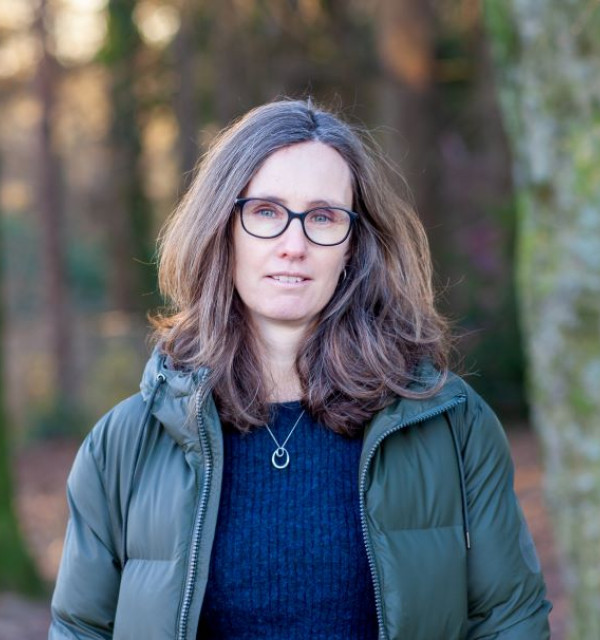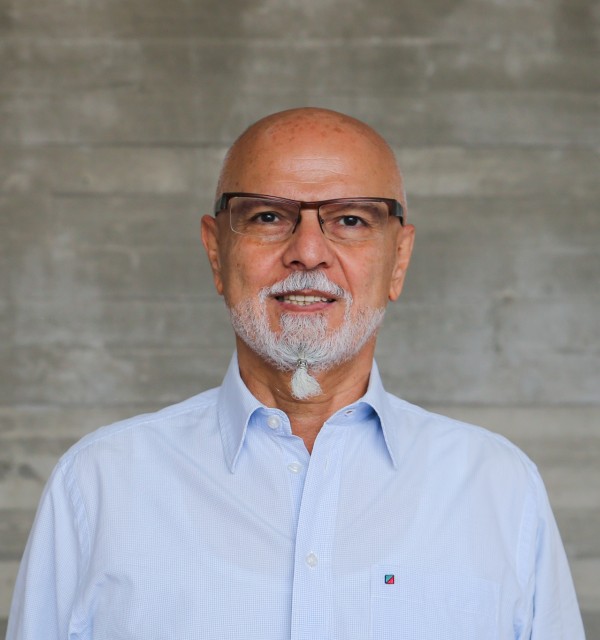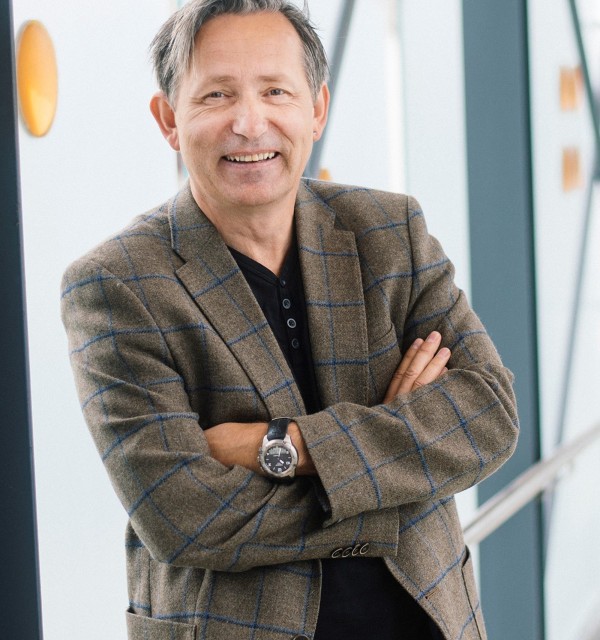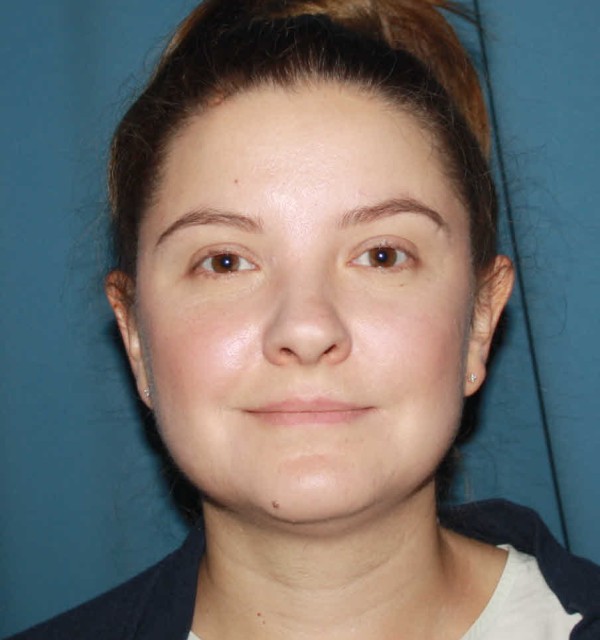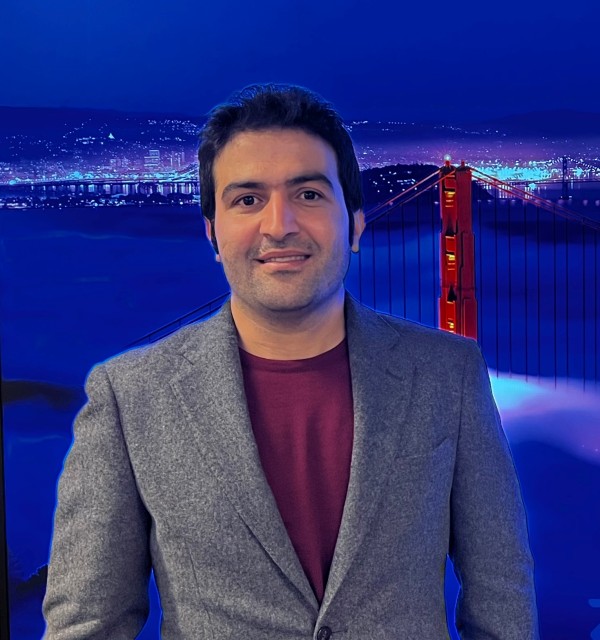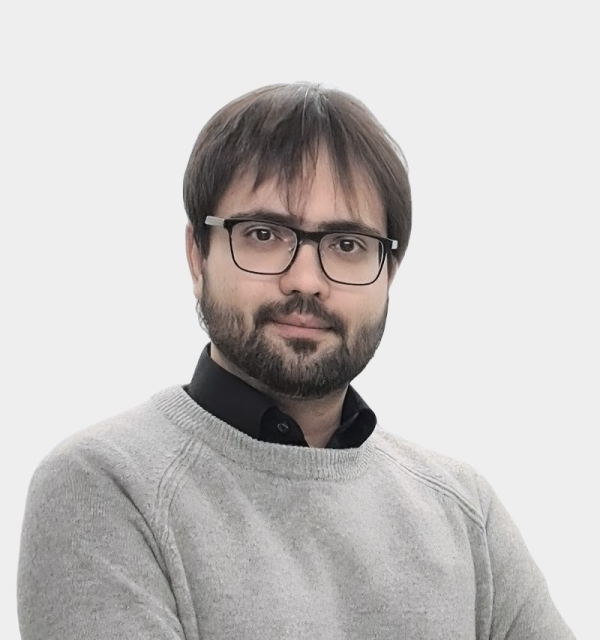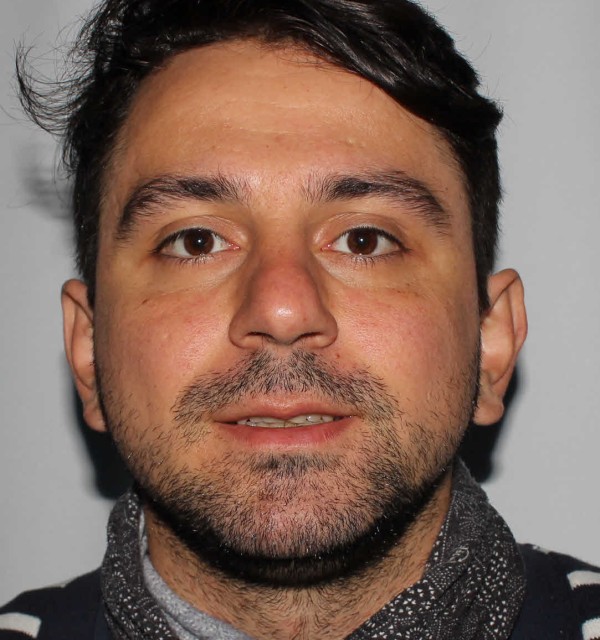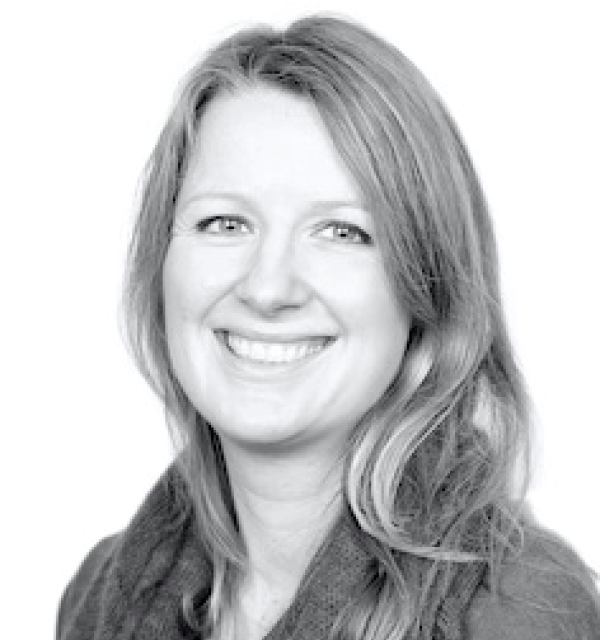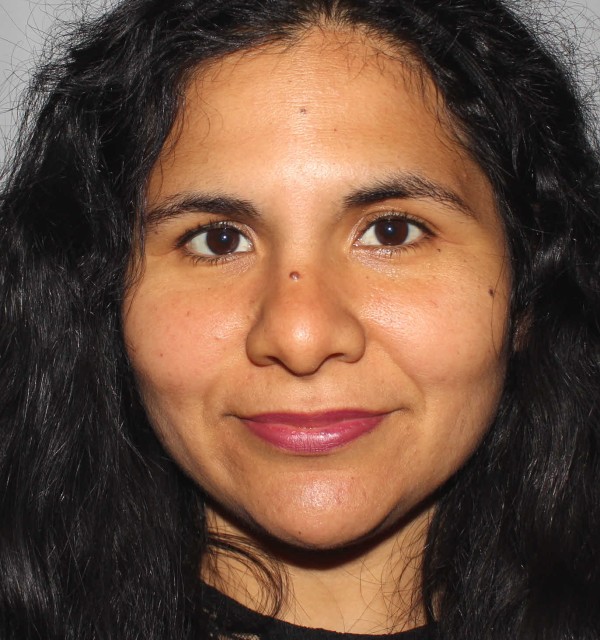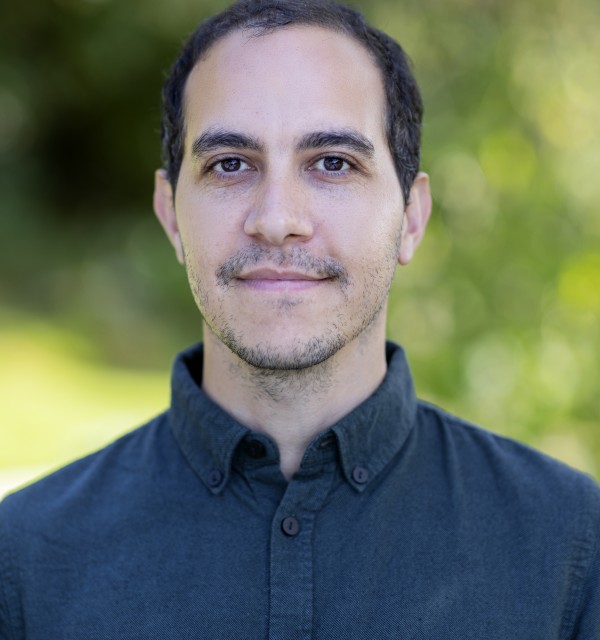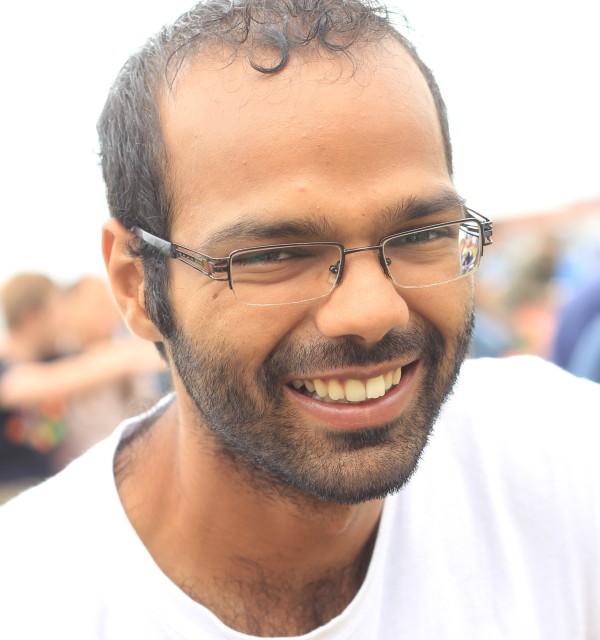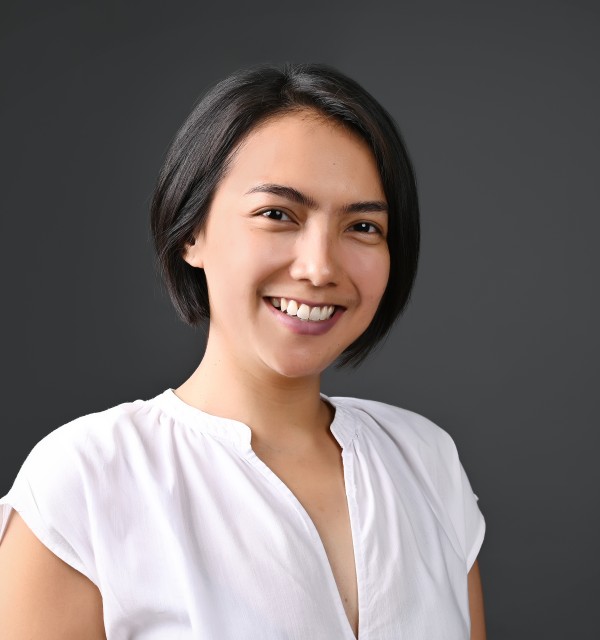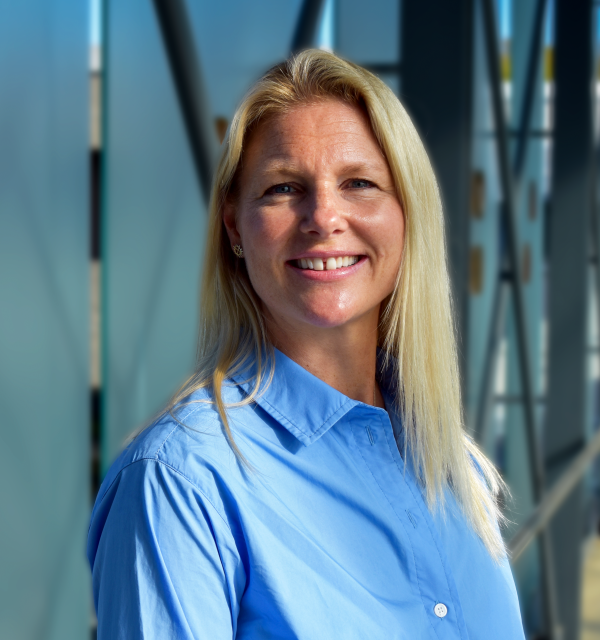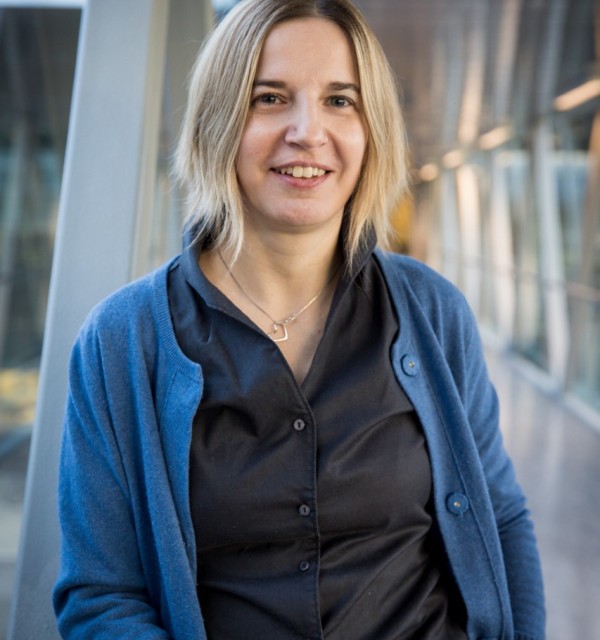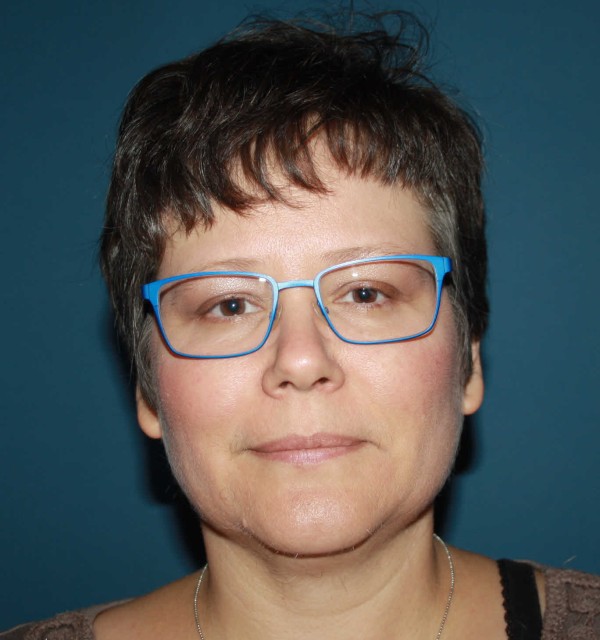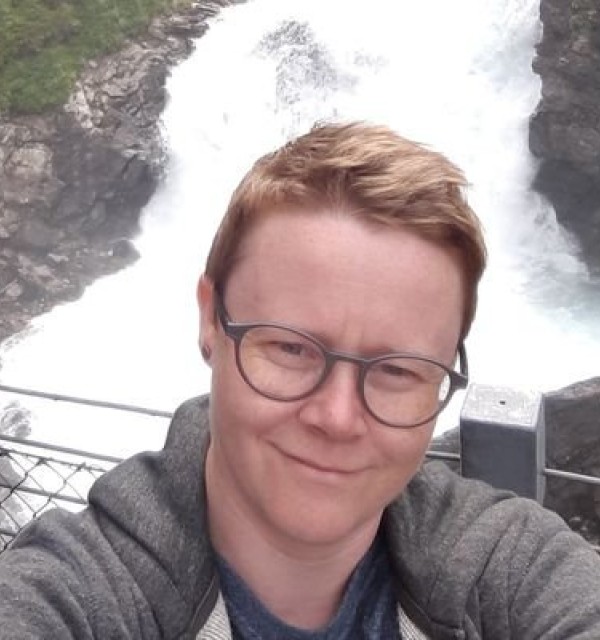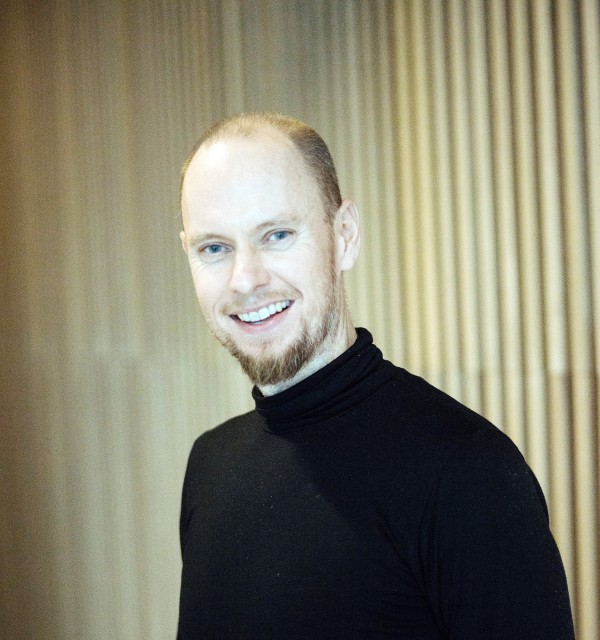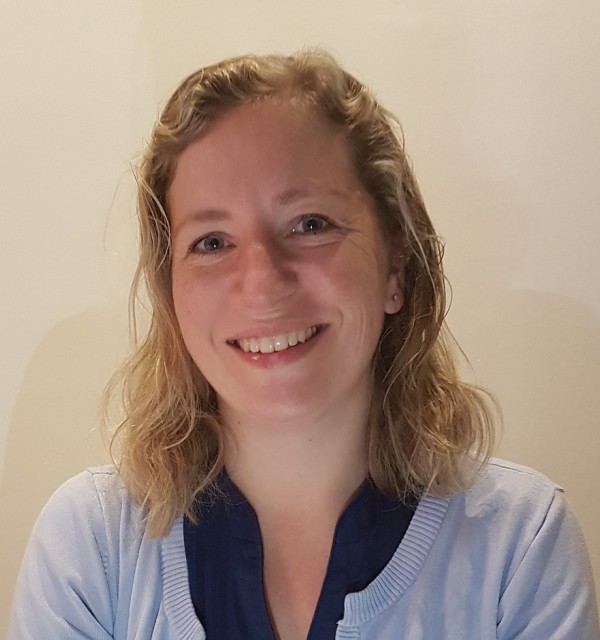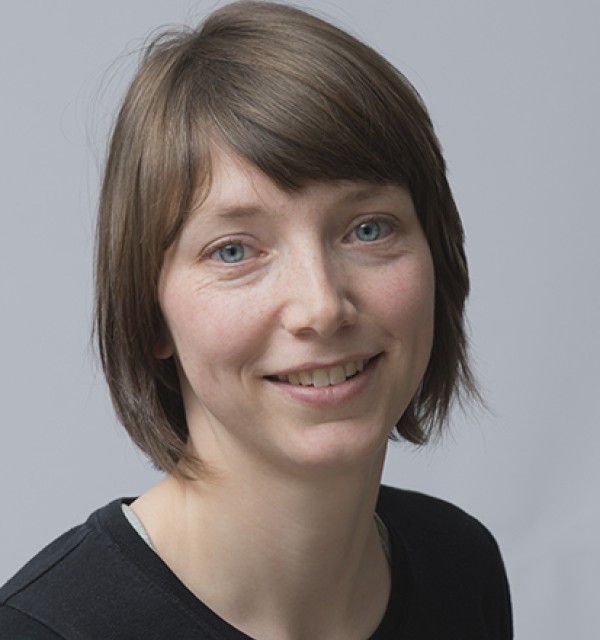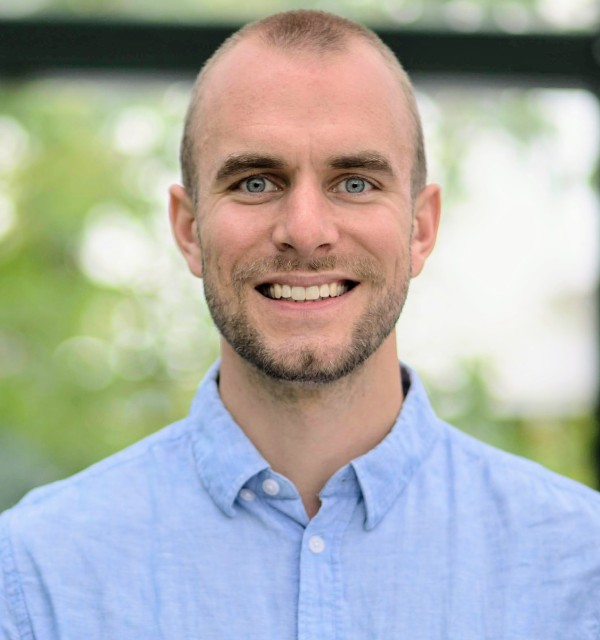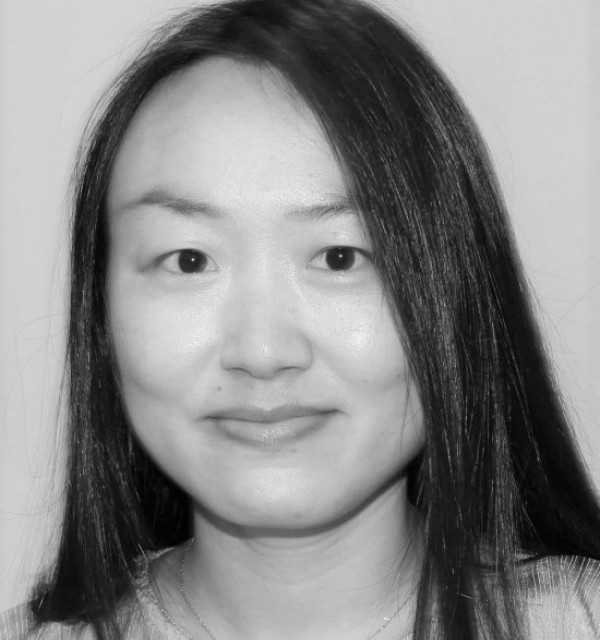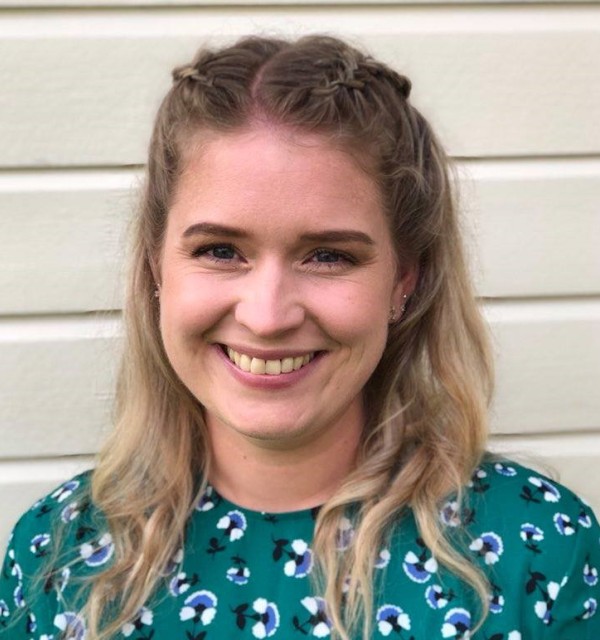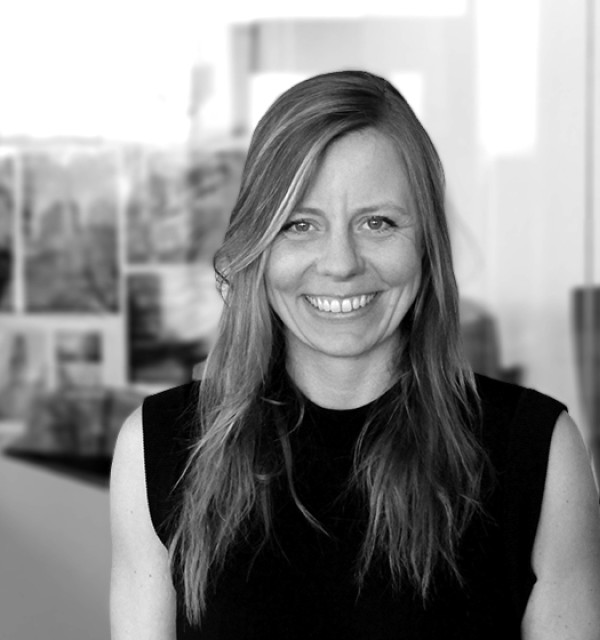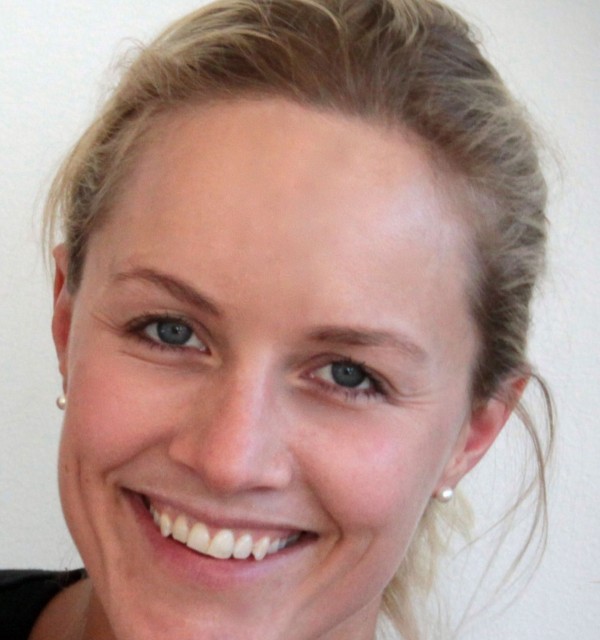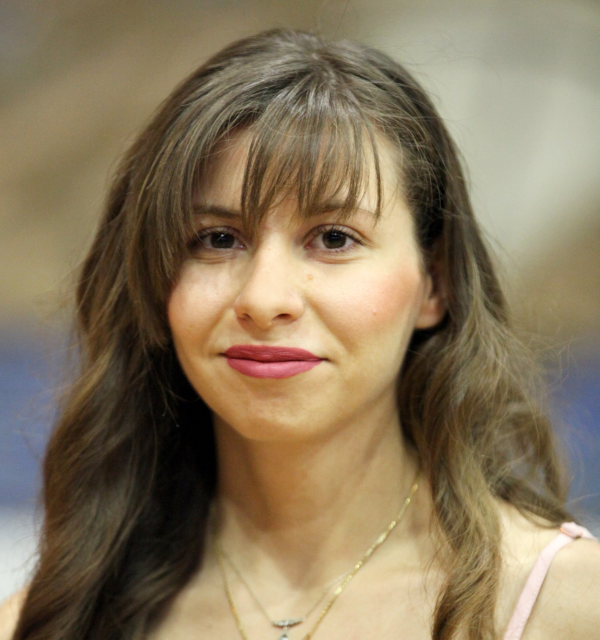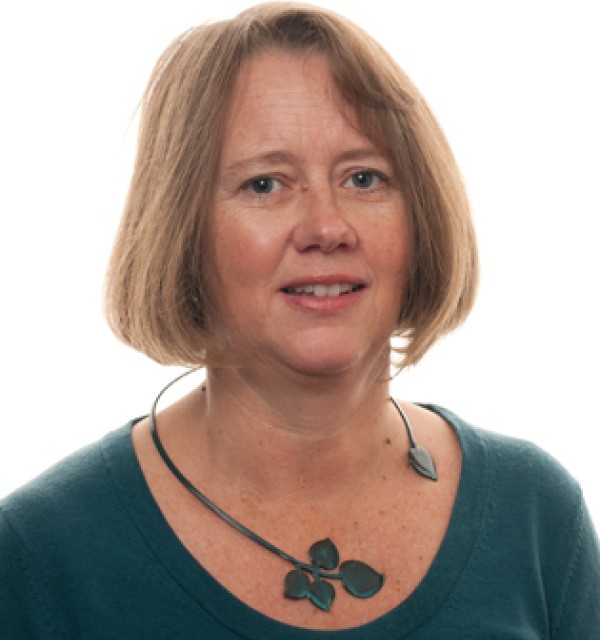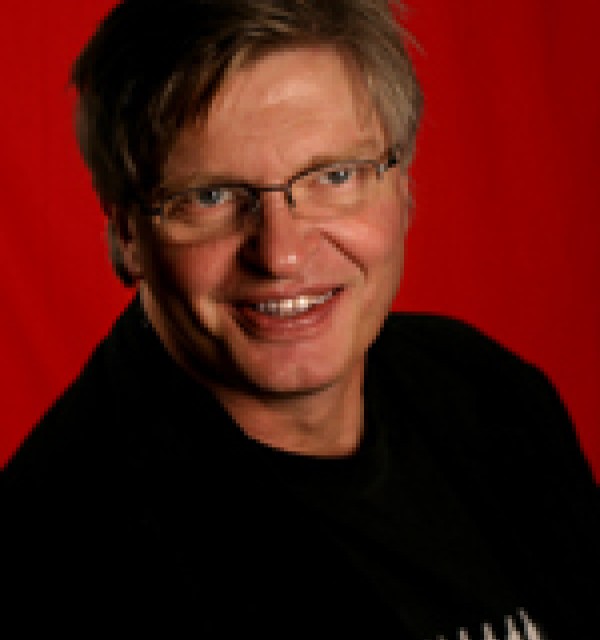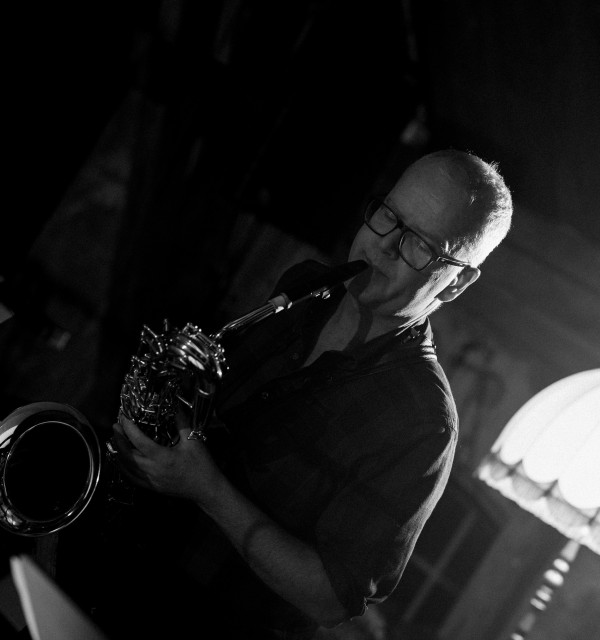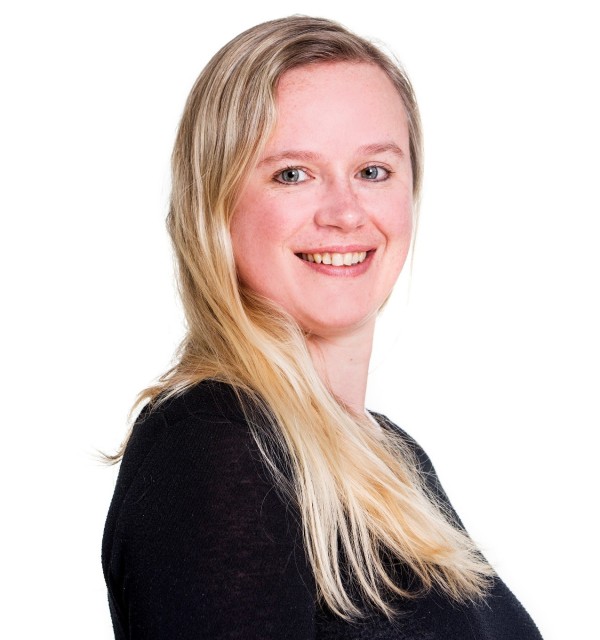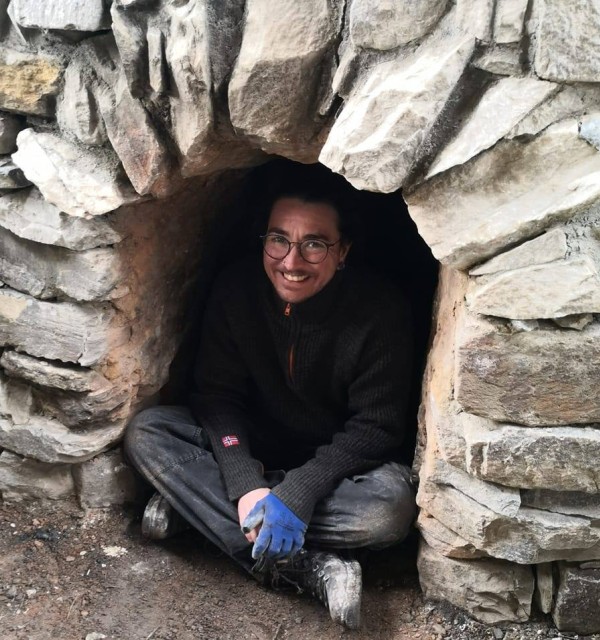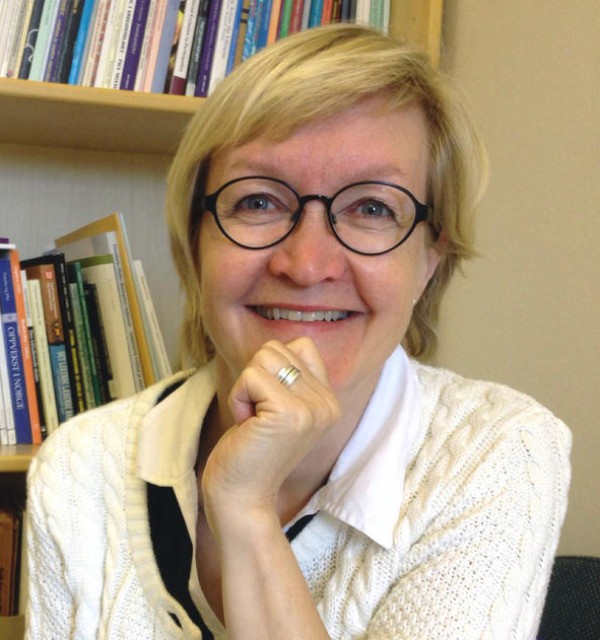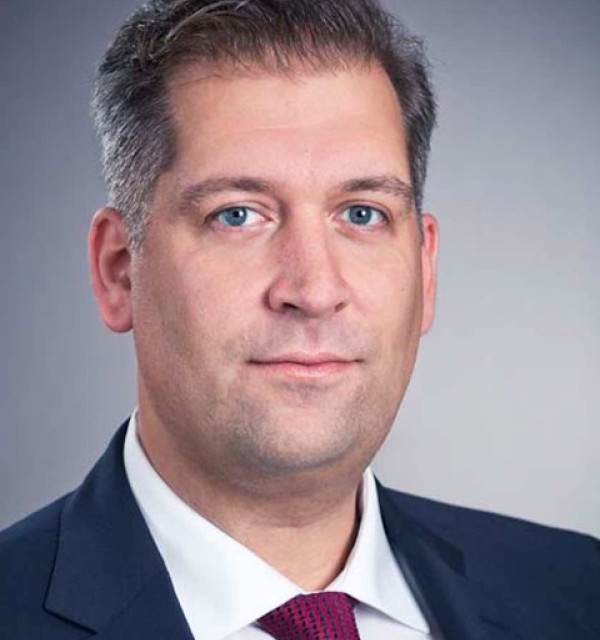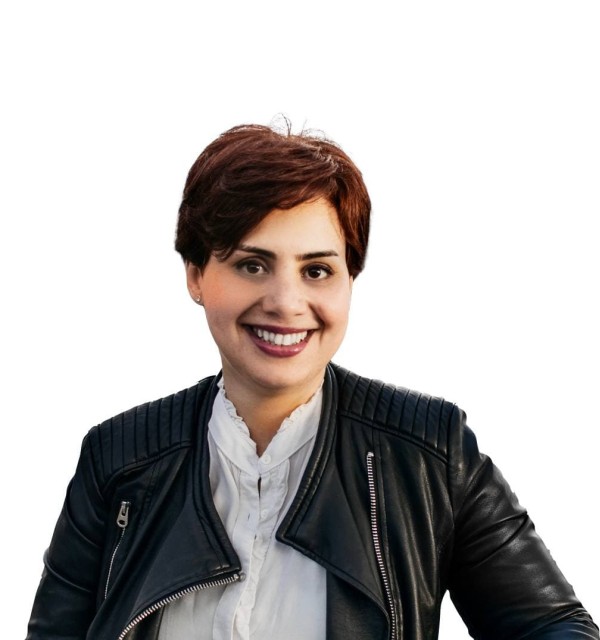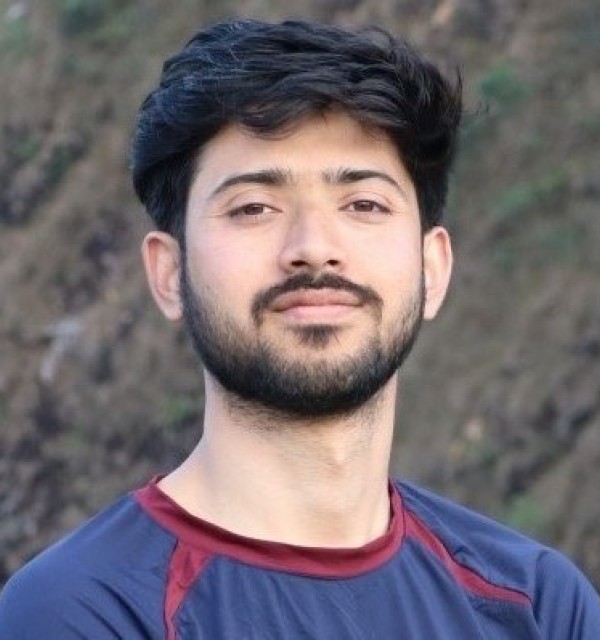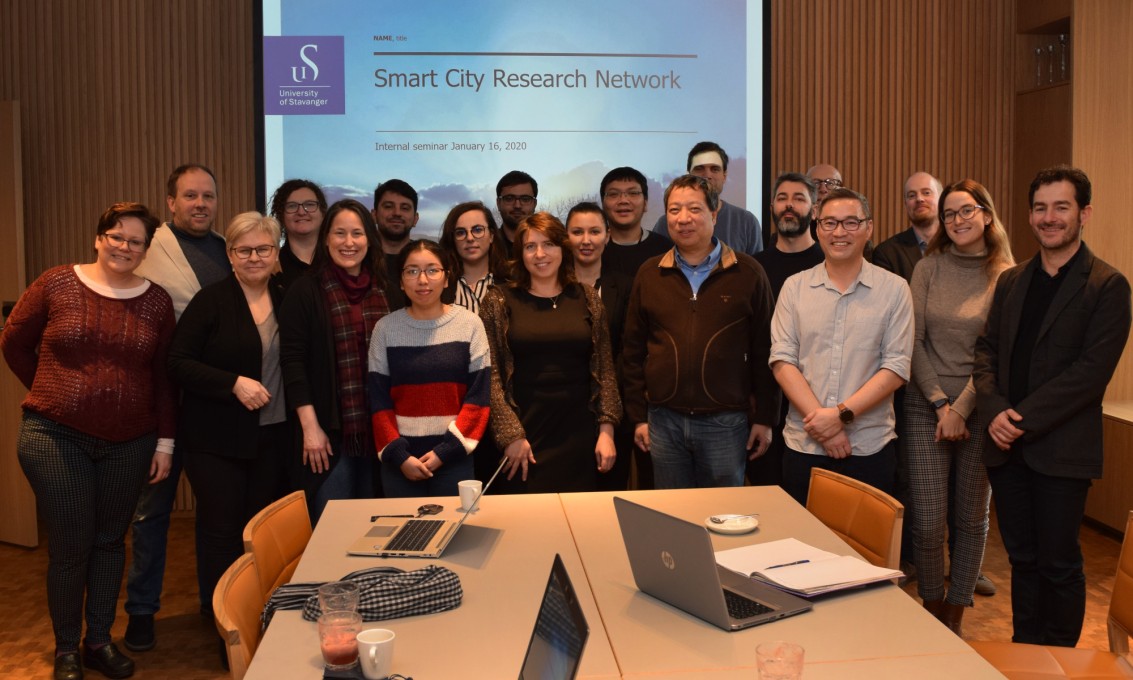This research network performs interdisciplinary research for smart sustainable urban development and collaborates closely with regional, national, and international players.
48
25
27
By 2050, 68 percent of the world's population is expected to live in cities according to the United Nations (UN). In parallel with growing urban populations, we face multiple and complex challenges such as climate change, social inequality, housing, employment, transportation, and environmental protection. In short, one of our biggest global challenges is to develop and build cities that are safe, inclusive, resilient and sustainable as stated in the UN Sustainable development goal 11.
Our cities must make better use of resources, be energy efficient, and have smarter solutions for homes, buildings, and infrastructure and not least, be good places to live for all. The sustainable cities of the future demand even better and more comprehensive urban planning and there is an urgent need for new, better, and more integrated solutions to ensure good and livable cities.
In short, cities of the future must be smarter. Most people associate smart cities with how information technologies are combined with humans, buildings and infrastructure to solve the challenges that we face in society. The research network acknowledges the role of technology, but technology is not a silver bullet. We need to approach our urban futures from multiple perspectives to develop truly smart sustainable solutions. This requires interdisciplinary research and close collaboration between academia, civil society, industry and government.
UiS Network
The university's research network for smart sustainable cities is set up to strengthen interdisciplinary research and cross-sectoral collaboration for smart sustainable urban development in close collaboration with regional, national, and international players. Our researchers come from all six faculties at UiS covering the humanities, social sciences and natural and technical sciences.
The University's research network is divided into eight thematic areas:
- Education and knowledge
- Arts and culture
- Safety
- Climate and sustainability
- Mobility and transport
- Democracy and participation
- Innovation and entrepreneurship
- Data and telecommunications
With these themes, the university wants to help create the knowledge and smart solutions that contribute to more sustainable and livable cities and regions.
PhD research group
The PhD research group currently consists of 15 members. The PhD candidates group meet regularly to discuss their research and organize workshops, seminars and PhD course related to smart sustainable urban development. All PhD candidates are encouraged and expected to collaborate across disciplines. If you are a PhD candidate or postdoctoral researcher interested in coming to the University of Stavanger for a research stay, please feel free to contact us.
Connected research groups at UiS
The Smart City Research Network draws on expertise from many areas of research at the University of Stavanger. The network brings together researchers from these areas to work on societal challenges related to smarter cities.
Computer Networks (ComNet) Research Group: Computer Networks (ComNet) Research Group | University of Stavanger (uis.no)
Stavanger AI Lab: Stavanger AI Lab | University of Stavanger (uis.no)
Democracy and Citizenship (DEMCI): Demokrati og medborgerskap: tverrfaglige tilnærminger og kritiske perspektiv | Universitetet i Stavanger (uis.no)
The Greenhouse: Environmental Humanities: The Greenhouse | University of Stavanger (uis.no)
Sustainable urban development, planning and design: Sustainable urban development, planning and design | University of Stavanger (uis.no)
Digital Society Research Group: Digital Society Research Group | University of Stavanger (uis.no)
Performing Arts: Artistic Research at The University of Stavanger | University of Stavanger (uis.no)
Museum of Archeology: Arkeologisk museum | University of Stavanger (uis.no)
CIAM – Cluster on industrial asset management: CIAM – Cluster on industrial asset management | University of Stavanger (uis.no)
Centre for Innovation Research: Centre for Innovation Research | University of Stavanger (uis.no)
Health promotion for people with health challenges: Health promotion for people with health challenges | University of Stavanger (uis.no)
PARTAKE - Participation in school, working life and treatment: Forskergruppen - PARTAKE | Universitetet i Stavanger (uis.no)
Social and spatial justice in times of transition: Social and Spatial Justice in Times of Transition | Universitetet i Stavanger (uis.no)
Members of the network
Steering committee
Troels Gyde Jacobsen, director of Innovation, UiS
Odd Magne Bakke, Dean of the Faculty of Arts and Education, UiS
Øystein Lund Bø, Dean of Faculty for Science and Technology, UiS
Marte Cecilie Wilhelmsen Solheim, Head of Centre for Innovation Research, UiS
Stig Finnesand, Director of Nordic Edge
Elin Schance, Leader of the Grønn By ("Green City") organisation
Scientific advisory committee
Harald Nils Røstvik, Professor, Department of safety, economics and planning, Faculty of Technical and Natural Sciences.
Truls Eric Johan Engstrøm, Associate Professor, Norwegian Hotel Management School, Faculty of Social Sciences.
Hege Ingjerd Hollund, Associate Professor, Archeological Museum.
Kenneth Arne Pettersen Gould, Associate Professor, SEROS, Faculty of Technical and Natural Sciences.
Barbara Maria Sageidet, Associate Professor, Department of Early Childhood Education, Faculty of Arts and Education & The Greenhouse.
Kristiane Marie Fjær Lindland, Associate Professor, Department of Media and Social Sciences, Faculty of Social Sciences.
Gianfranco Nencioni, Associate Professor, Department of Electrical Engineering and Computer Science, Faculty of Technical and Natural Sciences.
Silje Henriette Amalia Normand, Associate Professor, Department of Education and Sports Science, Faculty of Arts and Education and Head of DEMCI.
Tatiana Iakovleva, Professor, UiS Business School, Section for Innovation, Management and Marketing.
Knut Erik Giljarhus, Associate Professor, Department of Mechanical and Structural Engineering and Materials Science, Faculty of Technical and Natural Sciences.
Todor Milkov Kesarovski, PhD Candidate, Department of economics, safety and planning, PhD Representative.




